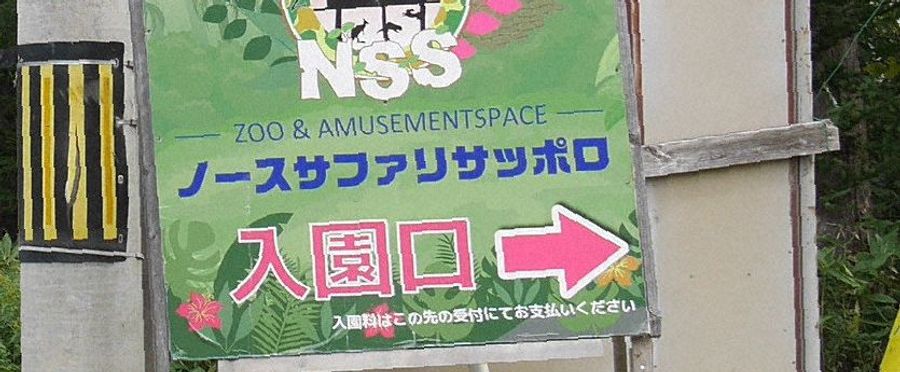Japan's Northern Safari Park has announced its closure, leaving over 300 animals to an uncertain future. A series of discussions have begun regarding the fate of the animals, ranging from rehoming within other zoos to creating natural habitats. There is deep concern for both the well-being of these animals and the impact this event has on Japan's image concerning wildlife preservation.
In Japan, the closure of animal parks or zoos often garners substantial public attention, with the nation embedding significant value in animal welfare and conservation within its societal values. The news could potentially lead to major discussions about the welfare of captive animals and policies regulating such institutions in the country.
In contrast to the EU or the US, where similar closures often result in a swift action plan often led by animal rights groups and government bodies to relocate the animals, the process in Japan may be more prolonged and bureaucratic, potentially due to differences in regulatory practices and cultural attitudes.

